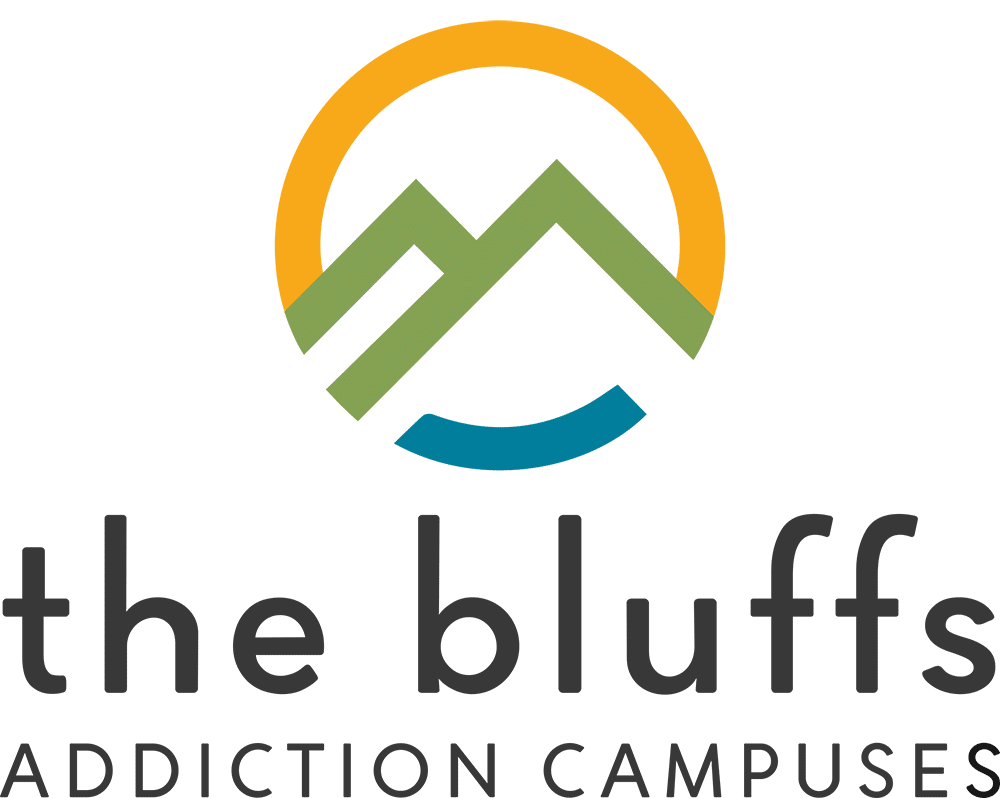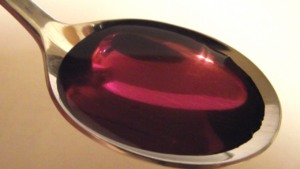Being addicted to drugs or alcohol is hard on your body. Not only are the substances themselves potentially harmful to health, but also people with alcohol and substance use disorders don’t typically eat a balanced diet. Remember that diet and addiction aren’t mutually exclusive. In fact, improving nutrition is a vital part of recovering both physical and mental health. Therefore, it’s a good idea to call The Bluffs at 850.374.5331 for information about our nutrition counseling program.
Diet and Addiction Treatment
Many people don’t realize how diet and addiction recovery are closely connected. A whole-person approach to recovery has to address nutrition and other healthy lifestyle habits to be complete.
Many patients come to treatment already suffering from malnourishment. Moreover, alcohol and substance use disorders can lead to a general breakdown of all of the body’s systems. Patients often come to rehab already suffering from digestive issues and a host of other serious health issues.
Addictive disorders can negatively affect physical health by:
- Suppressing or increasing appetite
- Triggering poor eating habits (eating highly processed and fatty foods)
- Causing hypoglycemia (excessive drinking may cause low blood sugar)
These problems may be caused by a deficiency in essential nutrients such as magnesium, zinc, vitamin B12, calcium, and more. Following a diet that provides plenty of these nutrients helps patients feel better during the recovery process and beyond.
Our program does more than just provide patients with nutritious food while receiving treatment. In fact, it helps patients establish eating habits that can support long-term wellness.
The Importance of Nutrition Counseling During Addiction Recovery
Nutrition counseling during addiction recovery teaches patients how the right foods will help them feel better during detox and treatment and how to use food to help them maintain long-term sobriety.
Some of the often-overlooked benefits of proper nutrition include:
- Faster healing – correcting malnutrition quickly gives patients the reserves they need to stay comfortable during detox
- Improved mental focus – long-term drug or alcohol use can cause changes in the brain and decrease a person’s ability to focus
- Better sleep – a lack of sleep can lead to relapse and other health issues
- Increased energy – feeling energized helps patients stay positive and participate fully in their recovery experience
- Better heart health – the unhealthy lifestyle that often accompanies addiction puts recovery patients at higher risk for developing heart problems
- Improved digestion – some medications used during medication-assisted treatment or to treat mental disorders can have a negative effect on digestion
Nutrition counseling includes education about the important role nutrition plays in maintaining physical and mental wellness.
Nutrition impacts every aspect of life. Humans can’t think properly, perform their daily duties, or maintain a balanced mood without nutritious food and proper hydration. In this way, diet and addiction recovery are intertwined.
The Importance of Treatment
Research suggests a close connection between substance abuse, mood, and poor nutrition. Even with the best intentions, trying to recover from addiction if you’re suffering from malnutrition puts you at greater risk for anxiety, mood swings, low energy, and lower resistance to cravings.
Establishing and maintaining a balanced diet that provides the brain and body with all necessary nutrients improves your chances of recovering from an alcohol or substance use disorder. The right diet will help you reestablish the proper function of the systems within your body.
Learn More about Diet and Addiction Recovery at The Bluffs
Making sure every patient receives the individualized nutrition plan they need while receiving treatment is only part of the solution. The nutrition counseling program at The Bluffs provides our patients with the knowledge they need to maintain a healthy diet after completing our treatment program.
Call The Bluffs today at 850.374.5331 for more information about our nutrition programming and all of our addiction recovery therapies.







